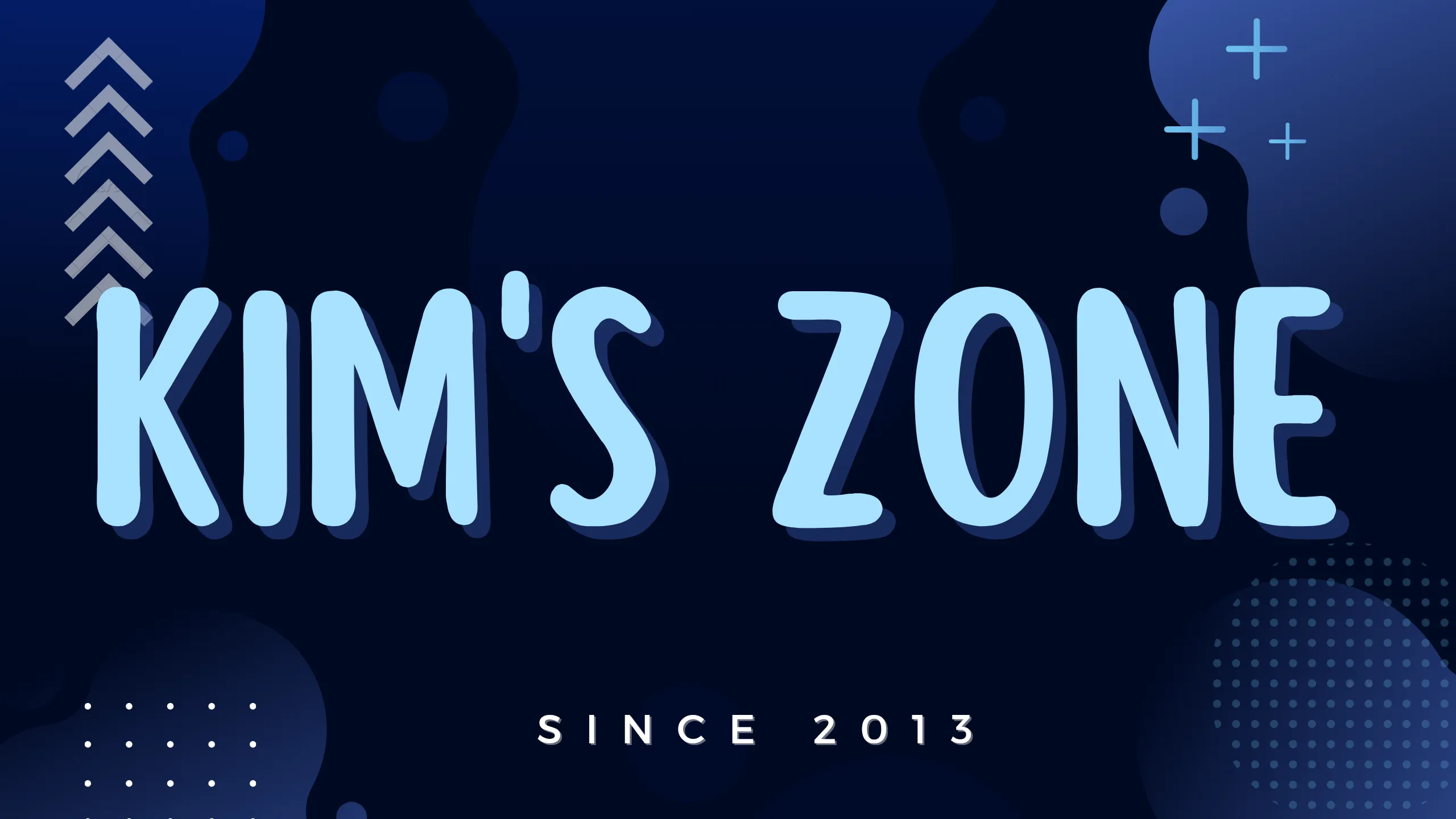The Day My Entire Life Became a Meme
The Day My Entire Life Became a Meme
It started innocently enough. I was at the local park, attempting (and failing spectacularly) to teach my dog, a particularly enthusiastic Golden Retriever named Gus, a new trick. The "trick" involved Gus catching a frisbee. My execution involved me tripping over my own feet, flailing my arms, and the frisbee landing squarely on my head.
A nearby teenager, clearly more adept at both dog training and phone usage, captured the entire, undignified sequence on video. Mortified, I managed a weak smile and hurried away, Gus trotting obliviously by my side, the frisbee still precariously balanced on my head in his doggy dreams.
I thought that was the end of it. A slightly embarrassing moment witnessed by a stranger. I was wrong. So, so wrong.
The next day, a friend sent me a link with the caption, "Is this you?!" My blood ran cold. There it was, the video of my spectacular frisbee fail, complete with a slow-motion replay of the impact. It had been set to some ridiculously dramatic orchestral music and captioned, "When you try your best but you don't succeed."
It had a few hundred views. Annoying, but manageable. I asked my friend to report it, hoping it would disappear into the internet void.
The next morning, it had thousands of views. Then tens of thousands. It had been shared on multiple platforms, each new share adding a fresh layer of commentary and mockery. People were recreating the "frisbee head" pose. There were reaction GIFs of my flailing arms. My moment of park-based humiliation had gone viral.
My life became a meme.
Strangers recognized me on the street, pointing and whispering. My colleagues greeted me with exaggerated frisbee-throwing motions. My online dating profile suddenly had an influx of messages referencing my "epic athleticism."
It was surreal, mortifying, and, I had to admit, occasionally a little bit funny in a detached, "this isn't happening to me" kind of way.
The peak of the meme-ification came when a popular late-night talk show featured the video in their "viral videos of the week" segment. The host, a notoriously witty comedian, provided his own hilarious commentary, complete with sound effects. My face, in all its flustered glory, was broadcast to millions.
I considered going into hiding, changing my name, moving to a remote island with no internet access. But then, something unexpected happened.
People started sharing their own "frisbee head" moments – their own spectacular fails and moments of public awkwardness. The comments section of the original video became a bizarre support group for the uncoordinated. People were laughing with me, not just at me.
The meme, in its own strange way, had created a connection. I started receiving messages from people who said the video had made their day, that it reminded them not to take themselves too seriously.
One day, I was back in the park with Gus, a little more cautious with the frisbee. A group of teenagers approached me, not with mockery, but with laughter and a request for a photo. They even asked for Gus's paw-tograph.
The internet, that fickle beast, had turned my moment of public clumsiness into something… almost endearing. My life had become a meme, yes, but it was a meme that brought unexpected laughter and a strange sense of connection.
The video eventually faded from the trending charts, as all viral sensations do. But every now and then, someone will still recognize me and offer a knowing smile or a playful frisbee toss in my direction. And I can't help but smile back, a little embarrassed but also strangely grateful for the day my attempt to teach Gus a new trick inadvertently taught me a much bigger lesson about the unpredictable nature of fame and the surprising power of shared human awkwardness.

댓글